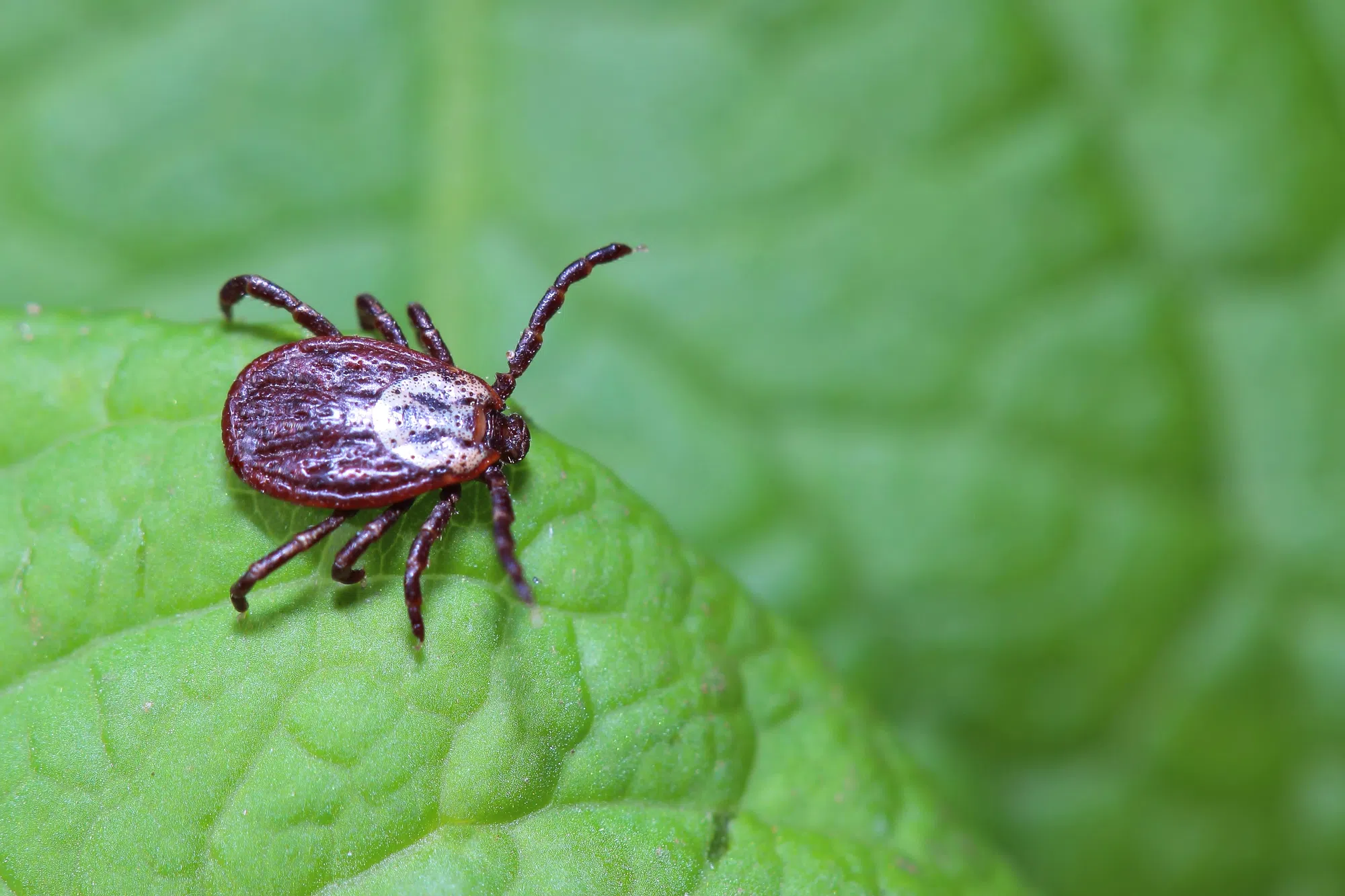Tick populations in Nova Scotia are growing at an increasing rate with cases of Lyme disease being 1000% more common in Canada than they were a decade ago according to researchers. Ticks are becoming a near year-round concern for residents of Nova Scotia, particularly those who spend a good amount of time in the forests that dominate our province.
Of the 14 tick species in Nova Scotia, only one species — the Black-Legged Tick, also known as the Deer Tick — is known for transmitting Lyme disease.
These sneaky creatures are more common in the damp spring and fall climates and love to hang out in moist and humid areas, but they are a risk year-round with Nova Scotia’s increasingly mild climate year after year.
Protect yourself from the chances of Lyme disease and other diseases from tick bites by thoroughly looking over yourself, your hiking partners, and your animals after walking through the brush and showering within two hours of being in the woods.
You can find more information on how to prevent ticks and what to do in the event of a tick bite HERE.









